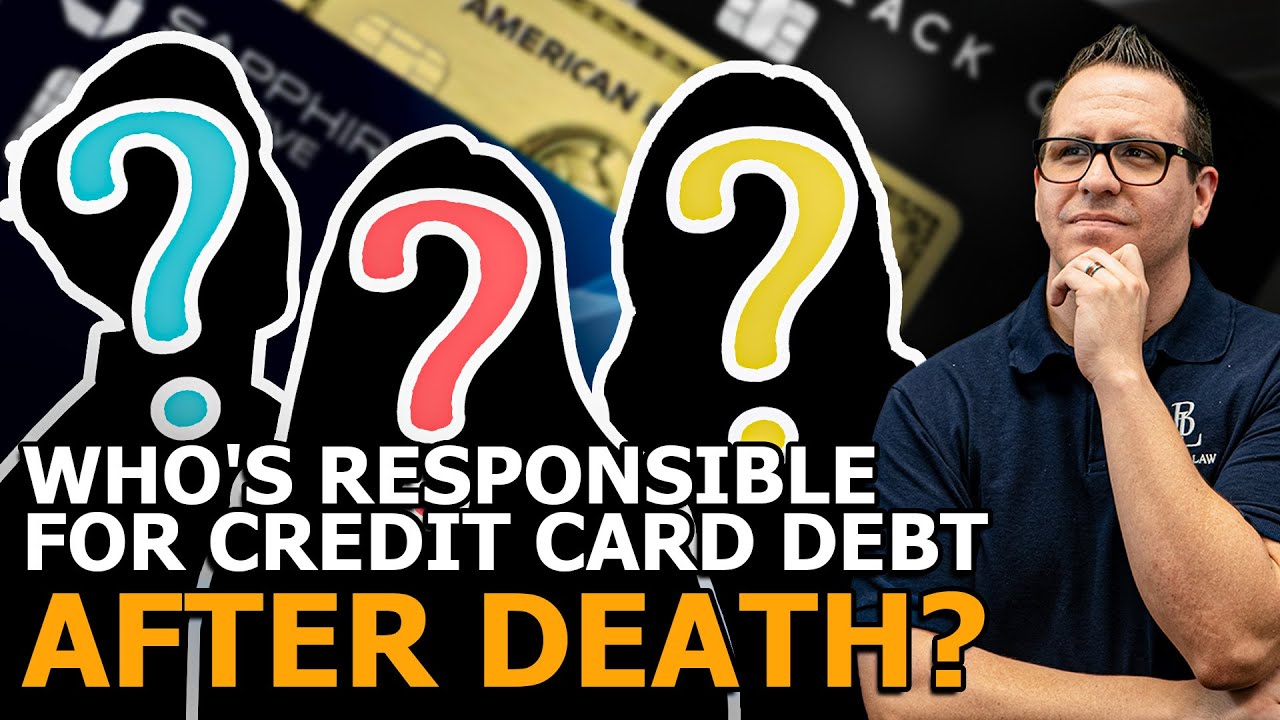The question of what happens to debt after someone passes away is a common concern, especially regarding credit card debt. The answer isn’t always straightforward and depends on various factors, including the state laws, the type of debt, and the deceased’s estate. Understanding the process of estate settlement and how debts are handled can provide clarity and peace of mind. This article will explore the complexities surrounding credit card debt and its fate after death, offering insights into who is responsible and what options are available.
The Estate and Debt Settlement
When someone dies, their assets and liabilities are collectively known as their estate. The estate goes through a process called probate, where a court oversees the distribution of assets and the payment of debts. A designated executor or administrator manages the estate, and their responsibilities include:
- Identifying and valuing the deceased’s assets.
- Paying outstanding debts, including credit card debt, from the estate’s assets.
- Distributing the remaining assets to the heirs or beneficiaries according to the will or state law.
Creditors, including credit card companies, have a limited time to file claims against the estate to recover the debt owed. These claims are typically paid in a specific order of priority, as determined by state law.
Who is Responsible for Paying Credit Card Debt?
Generally, credit card debt does not become the responsibility of the deceased’s heirs or family members, unless they are:
- Joint Account Holders: If you co-signed a credit card or were a joint account holder, you are legally responsible for the entire debt, regardless of whether the other person has passed away.
- Guarantors: If you guaranteed the debt, you are liable for it.
- Spouses in Community Property States: In community property states (Arizona, California, Idaho, Louisiana, Nevada, New Mexico, Texas, Washington, and Wisconsin), debts incurred during the marriage are generally considered joint debts.
Otherwise, the estate is responsible for paying the debt. If the estate doesn’t have enough assets to cover all the debts, the credit card companies may not be able to recover the full amount.
What Happens if the Estate Has Insufficient Funds?
If the estate lacks sufficient funds to pay all debts, it is considered insolvent. In this case, state law dictates the order in which debts are paid. Secured debts, like mortgages and car loans, are typically paid first, followed by other priority debts like taxes and funeral expenses. Unsecured debts, such as credit card debt, are usually paid last. If there are not enough assets to cover all unsecured debts, they may go unpaid.
Navigating Credit Card Debt After Death
Dealing with the death of a loved one is already a difficult time. Adding the complexity of settling an estate and handling credit card debt can be overwhelming. Here are some tips to navigate the process:
- Obtain a copy of the death certificate. This is necessary for notifying credit card companies and other financial institutions.
- Contact the credit card companies. Inform them of the death and request information about the outstanding balance.
- Review the deceased’s credit reports. This can help identify all outstanding debts.
- Consult with an attorney; An attorney specializing in estate planning and probate can provide legal guidance and ensure the estate is handled properly.
Factoid: Probate can be a lengthy and complex process, often taking several months or even years to complete, especially if there are disputes or complex assets involved.
Protecting Yourself from Liability
It’s crucial to protect yourself from being held liable for the deceased’s credit card debt if you are not legally responsible. Do not make any payments on the debt from your personal funds, as this could be interpreted as an acknowledgment of responsibility. Communicate clearly with creditors and provide them with the necessary documentation, such as the death certificate and information about the estate.
FAQ: Credit Card Debt After Death
Q: Am I responsible for my deceased spouse’s credit card debt?
A: Generally, you are only responsible if you were a joint account holder, guarantor, or live in a community property state. Otherwise, the estate is responsible.
Q: What happens if the estate doesn’t have enough money to pay the credit card debt?
A: In this case, the credit card companies may not be able to recover the full amount, and the debt may go unpaid.
Q: Can credit card companies harass family members for payment?
A: No, credit card companies are not allowed to harass family members for payment if they are not legally responsible for the debt. Report any harassment to the Consumer Financial Protection Bureau (CFPB).
Q: How long do creditors have to file a claim against the estate?
A: The time limit for creditors to file a claim varies by state. It’s important to consult with an attorney or probate court in the relevant state to determine the specific deadline.
Q: Should I pay the credit card debt from my own pocket?
A: No, you should not pay the credit card debt from your own pocket unless you are legally responsible for it. Paying the debt could be interpreted as an acknowledgment of responsibility.

